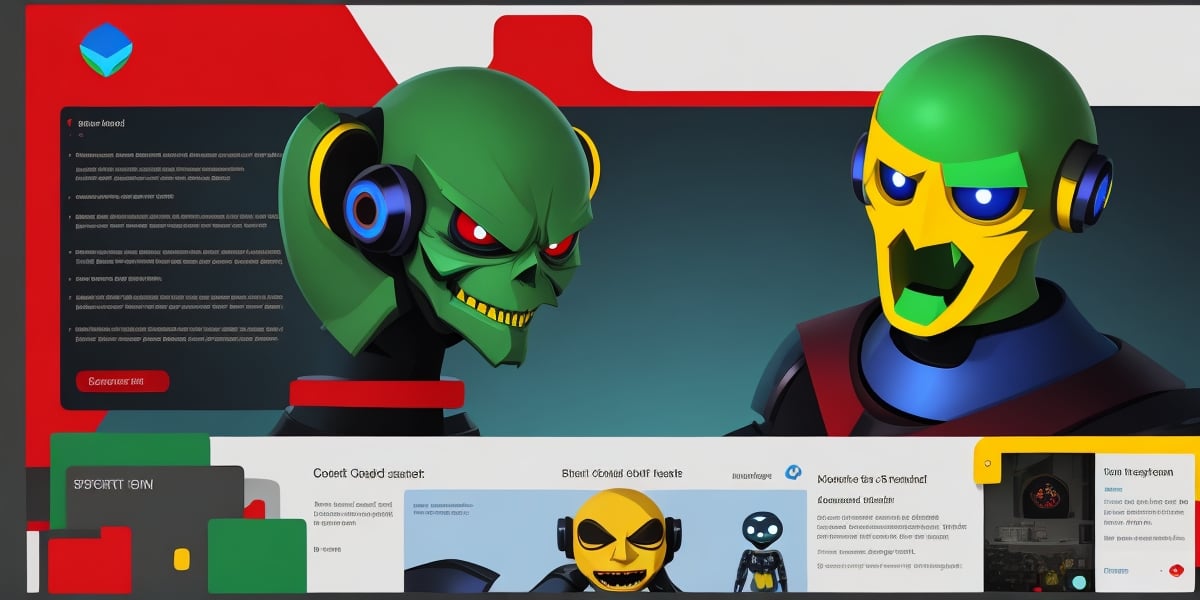
November 13, 2023 at 08:05PM
Google has filed a lawsuit against three scammers for falsely offering a download of the company’s Bard AI chatbot that contained malware to steal credentials for small business’ social media accounts. The defendants are accused of targeting small businesses and advertiser accounts to steal financial information. Google is seeking an order to stop the scammers and is suing them for trademark infringement. Additionally, Google has filed a separate lawsuit against another group accused of abusing the Digital Millennium Copyright Act by making false copyright claims against rival businesses.
Google has filed two separate lawsuits against different groups of scammers. In the first lawsuit, Google has sued three scammers, identified as “DOES 1-3,” who offered a fake download of Google’s Bard AI chatbot. The chatbot download actually contained malware that could steal social media account credentials of small businesses. Google accused the scammers of targeting small businesses and advertiser accounts to obtain financial information. Google is seeking an order to stop the scammers from setting up similar domains in the future and is also requesting damages.
In the second lawsuit, Google has targeted another group of individuals, including Nguyen Van Duc, Pham Van Thien, and “DOES 1-20,” for allegedly abusing the Digital Millennium Copyright Act (DMCA). The group is accused of creating fake Google accounts and submitting thousands of false copyright claims against rival businesses. This resulted in the removal of competitors’ websites from Google Search. Google claims that the defendants have misused the notice-and-takedown process of copyright law to harm legitimate businesses and stifle competition.
In a separate court case, authors Richard Kadrey, Christopher Golden, and comedian Sarah Silverman filed a lawsuit against Meta. They accused Meta’s Llama language model of violating their copyrights. However, a federal judge dismissed some of the claims, stating that the text generated by the Llama language model may not be considered copies of the plaintiffs’ writings. The judge has given the plaintiffs an opportunity to amend their complaint against the social media giant. The plaintiffs have also filed a similar case against OpenAI, which is set to be heard next month.